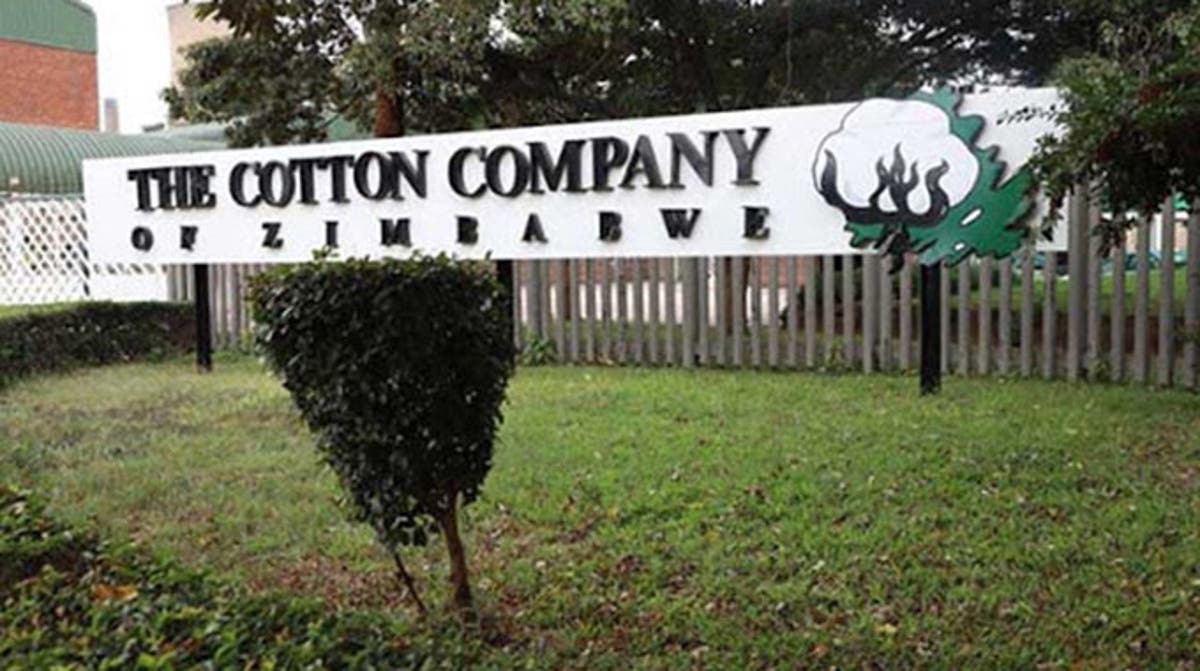Cottco make major payments to farmers
The Cotton Company of Zimbabwe (Cottco) has paid nearly US$20 million and Zim$7,2 billion during the previous intake season, the company said in a statement on Tuesday.
Total deliveries were 48 percent up to 69 419 tonnes from 46 748 tonnes achieved in 2022.
Erratic power supplies in the last quarter of 2023 delayed the completion of ginning.
To date 58 326 tonne of seed cotton has been ginned with only 1 066 tonnes (2 percent) having been toll ginned in the Lowveld due to the high volumes in that area.
Local and offshore lint customer collections are still underway with 7 776 tonnes of lint in stock.
Ginned seed on hand is 4 642 tonnes and upliftment by seed suppliers and oil expressors is underway.
Last week, Cottco said it is ramping up ginning of raw cotton, enabled by improved power availability and back-up support, which will allow the company to pay US$4 million in outstanding payments to farmers.
Cotton ginning was this year hampered by power shortages and the suspension of toll ginning by private contractors, resulting in delays of lint deliveries to overseas markets.
Cottco, the country’s largest cotton firm with 38 percent State ownership, exports more than 90 percent of its processed cotton due to limited domestic spinning capacity.
In an interview, Munyaradzi Chikasha, head of operations at Cottco, expressed optimism about the company’s financial outlook.
He said increased ginning capacity would boost revenue and improve the company’s ability to pay farmers.
“We understand the importance of timely payments to our farmers,” said Chikasha.
“Our payment schedule will be directly linked to revenue generated, and we are confident it will increase significantly due to recent improvements in our ginneries’ performance.
“Stable power supplies and backup generators will drive this…we expect it to translate into faster and more consistent payments for our farmers in the near future.”
In the past season, cotton farmers endured a recurring nightmare of late payments, which forced some to accept groceries and household goods as payment for their commodity.
webusinessweekly








